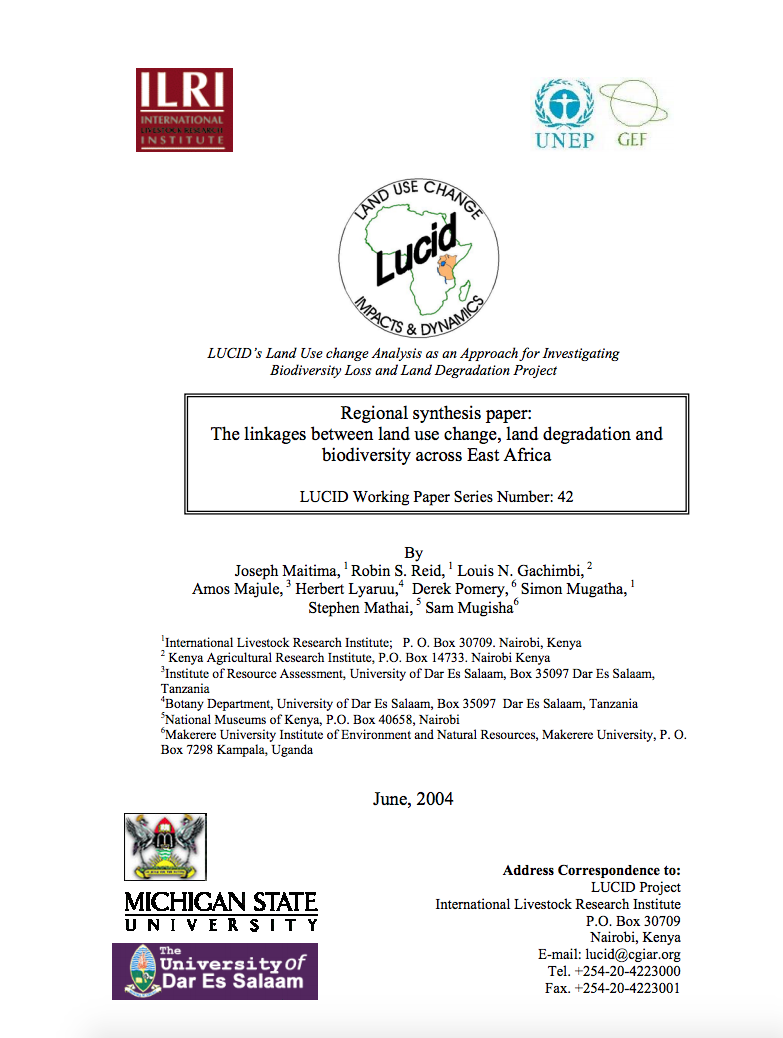What is AGRIS?
AGRIS (International System for Agricultural Science and Technology) is a global public database providing access to bibliographic information on agricultural science and technology. The database is maintained by CIARD, and its content is provided by participating institutions from all around the globe that form the network of AGRIS centers (find out more here). One of the main objectives of AGRIS is to improve the access and exchange of information serving the information-related needs of developed and developing countries on a partnership basis.
AGRIS contains over 8 million bibliographic references on agricultural research and technology & links to related data resources on the Web, like DBPedia, World Bank, Nature, FAO Fisheries and FAO Country profiles.
More specifically
AGRIS is at the same time:
A collaborative network of more than 150 institutions from 65 countries, maintained by FAO of the UN, promoting free access to agricultural information.
A multilingual bibliographic database for agricultural science, fuelled by the AGRIS network, containing records largely enhanced with AGROVOC, FAO’s multilingual thesaurus covering all areas of interest to FAO, including food, nutrition, agriculture, fisheries, forestry, environment etc.
A mash-up Web application that links the AGRIS knowledge to related Web resources using the Linked Open Data methodology to provide as much information as possible about a topic within the agricultural domain.
Opening up & enriching information on agricultural research
AGRIS’ mission is to improve the accessibility of agricultural information available on the Web by:
- Maintaining and enhancing AGRIS, a bibliographic repository for repositories related to agricultural research.
- Promoting the exchange of common standards and methodologies for bibliographic information.
- Enriching the AGRIS knowledge by linking it to other relevant resources on the Web.
AGRIS is also part of the CIARD initiative, in which CGIAR, GFAR and FAO collaborate in order to create a community for efficient knowledge sharing in agricultural research and development.
AGRIS covers the wide range of subjects related to agriculture, including forestry, animal husbandry, aquatic sciences and fisheries, human nutrition, and extension. Its content includes unique grey literature such as unpublished scientific and technical reports, theses, conference papers, government publications, and more. A growing number (around 20%) of bibliographical records have a corresponding full text document on the Web which can easily be retrieved by Google.
Members:
Resources
Displaying 8366 - 8370 of 9579The linkages between land usage, land degradation and biodiversity across East Africa
This paper is a regional synthesis highlighting the linkages between land usage, land degradation and biodiversity across East Africa identified from research done over a 30 year period.
Land, violent conflict and development
This paper looks at the dynamics of land and violent conflict. It states that conflict situations in rural societies deeply affect the politics of land, and that land requires a careful approach by policy makers because it is a central element in the evolution of societies. As a result, policies pertaining to land are not neutral in terms of conflict management.The paper argues that donors seeking to promote peace and development should tackle land issues in recipient countries more systematically, more carefully and in a more coherent manner.
The spatial patterns and root causes of land use change in East Africa
The overriding finding of the LUCID land use changes analyses is how rapidly farming and agro-pastoral systems have changed:small-scale farmers and pastoralists have changed their entire system several times since the 1950’snew land uses have been developed, and existing land uses have been transformedThese changes have allowed many more people to live on the land as farmers and agro-pastoralists, and the systems have shown flexibility and adaptability in face of changing international and national economic and political structures.
A methodological guide on how to identify trends and linkages between changes in land use, biodiversity and land degradation
Land quality in the man-modified agricultural landscapes of eastern Africa has been shown to degrade over time, resulting in higher demands for farm inputs in order to sustain productivity. Loss of biodiversity has also been observed in all these areas of land use change. It has therefore become important to know how land use change contributes to land degradation and how land use change leads to biodiversity loss. This paper from the collaborative LUCID project describes a framework for the analysis between land use change, biodiversity loss and land degradation for the first time.
Land reform, agriculture and poverty reduction
Most land-based livelihoods rely on having secure access to land, a precondition for sustainable agriculture, economic growth and poverty reduction. This working paper examines the state of knowledge with regard to aspects of land reform- redistributive reform, land tenure reform, and the issue of land markets. It also addresses issues that remain unknown in areas of land and social equity, land administration, and land tax.Redistributive land reform aims to bring about an equitable distribution of land and the political power emanating from it.




